Creating sustainable solutions across the globe
Utilizing the University of Nevada, Reno’s Lake Tahoe campus as a living laboratory, the Tahoe Institute for Global Sustainability develops public engagement and research programs that address environmental and societal challenges. The Institute fosters interdisciplinary collaboration, trains early career professionals and delivers innovative, actionable solutions through partnerships and critical discourse.
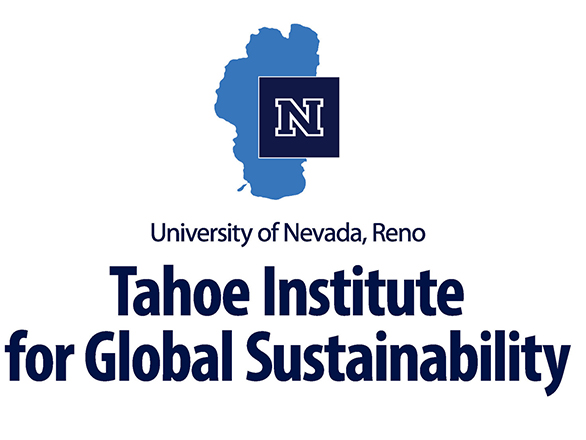 Our mission
Our mission
Develop and implement sustainability-focused research and public engagement programs that will drive innovation to find solutions to challenges facing the environment and society and develop paths toward creating a better world for future generations. The Tahoe Institute for Global Sustainability will be a transformational, positive force in our community, state, nation, and the world.
Our mission and focus align with the United Nations Sustainable Development Goals which seeks to bring economic prosperity, peace, and reduce inequity in our society while sustaining our environment and tackling the grand challenges of our time including climate change, conserving biodiversity, reducing pollution, and promoting healthy ecosystems.
The Institute creates world-class opportunities to develop an engaged and inclusive workforce through the training of early career scholars with interests in the sustainability of the environment and society. It will facilitate community engagement from local to global gatherings across the sciences, engineering, art, humanities, and journalism while promoting discourse, critical thinking, and collaboration across interested parties to solve society's pressing challenges.
The goal is real impact.
Tackling hard-hitting, complex projects with teams of experts using proven data-driven methods and working with private industry, the Tahoe Institute for Global Sustainability engineers win-win solutions for the environment.
Recent news from the Institute
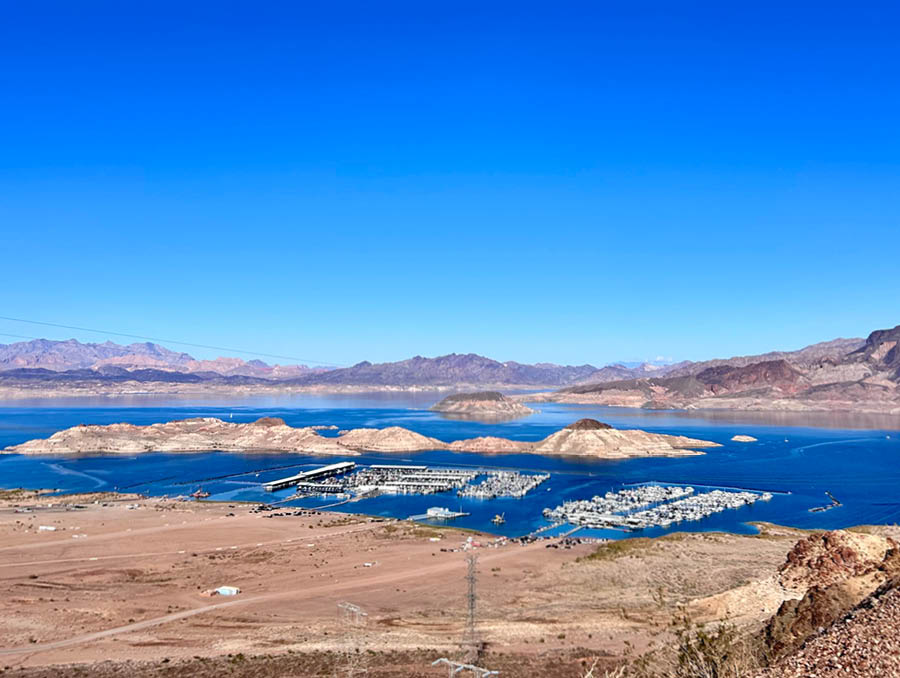
University faculty participate in a film screening and panel discussion of ‘The American Southwest’
Professors Koebele and Chandra join interdisciplinary panelists at the Nevada Museum of Art to speak about the Colorado River Basin and its cultural and environmental conservation needs

Global treaty for migratory wildlife could do more for freshwater fish, new paper argues
Researchers highlight gaps in protections under the Convention on Migratory Species and point to opportunity for action at CMS COP15
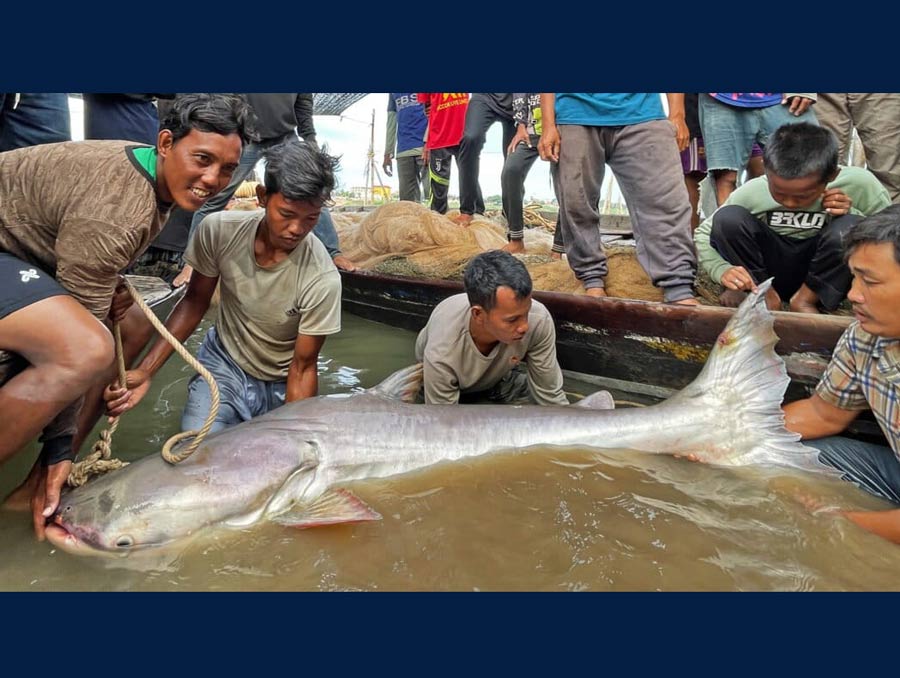
Scientists find that climate change poses severe threat to freshwater fish
Uncertain precipitation and warming temperatures endanger habitats and species
Campus collaborations
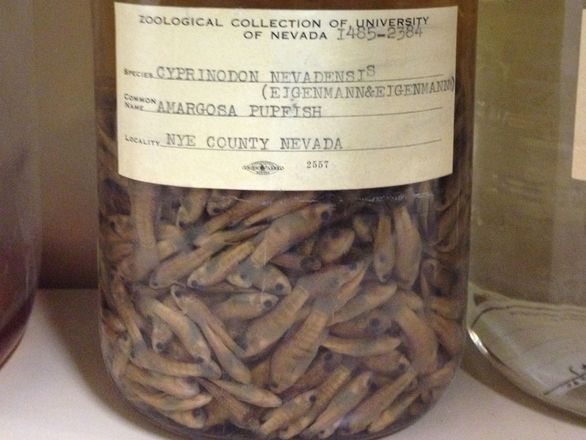
Museum of Natural History
Located on the campus of the University of Nevada, Reno, the Museum of Natural History holds irreplaceable specimens of plants and animals used in research, teaching, and outreach.
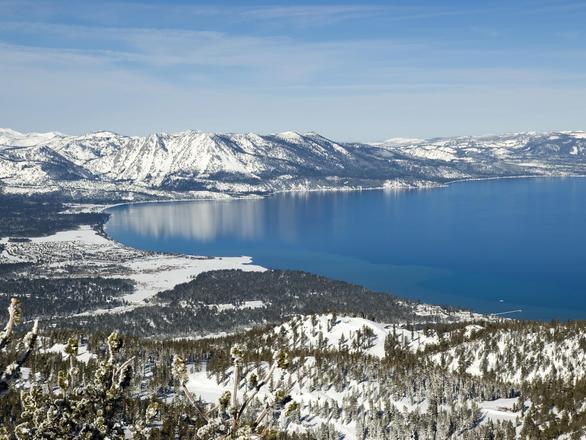
Graduate Program of Hydrologic Sciences
The University's hydrology program focuses on studies of water in the environment including its role in geologic and biogeochemical processes, ecosystem functions, and climate science.
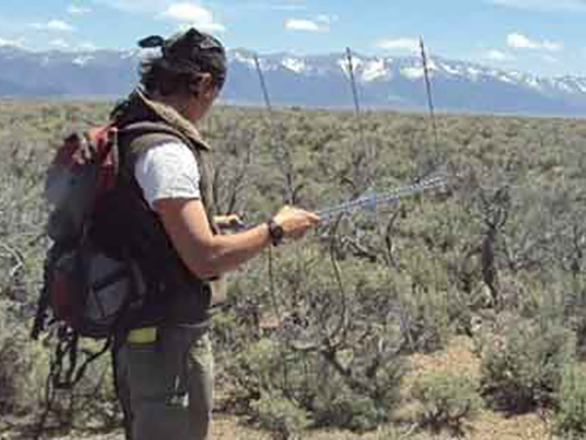
Hitchcock Center for Chemical Ecology
Conducting high-quality research focused on some of the most important basic and applied questions in chemistry, biology, and ecology, with the guiding themes of understanding chemical and biological diversity in the tropics and bio-prospecting in Nevada’s Great Basin.
Our approach
Utilizing an interdisciplinary approach to implement sustainability programming, we focus on solving our globes pressing issues through the following:
- Fostering partnerships: Strengthen connections and collaborations across institutions: Universities, government and civil society organizations, and private industry and corporations.
- Brokering information: Utilize the University as an "honest intermediary" that brings cutting edge scientific information and creative scholarships to solve issues and develops consensus based solutions with organizations, and serve as a hub for public dialogue and expert discussions on sustaining society and the environment.
- Developing a new generation of scholars: Nurture the next generation of early career trainees and a global citizenry that want to reach "beyond the ivory tower" and create interdisciplinary-solutions to large-scale and long-term problems inhibiting our ability to sustain society and the environment.
- Showcasing what works: Share partnerships and models that work to solve the grand challenges of our time and document approaches those that need improvements.